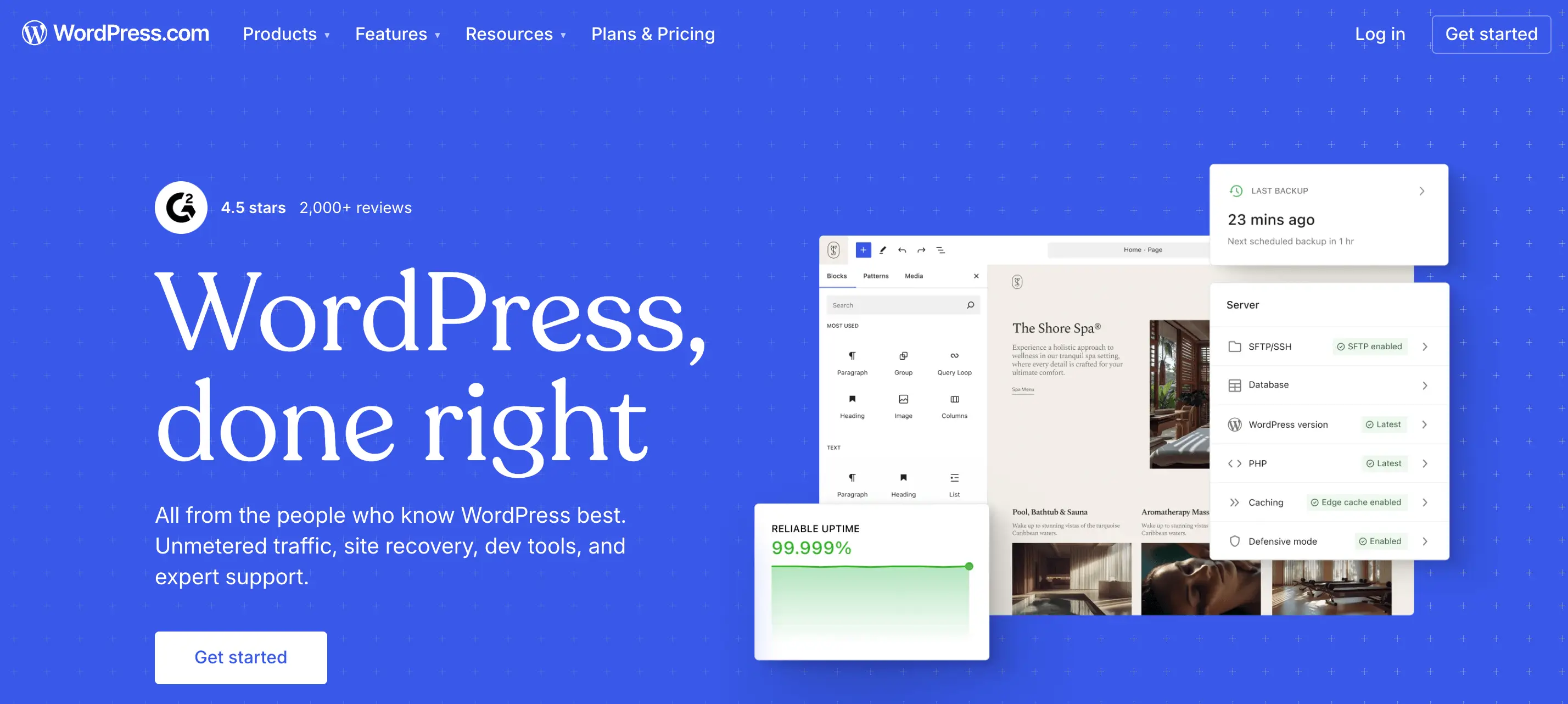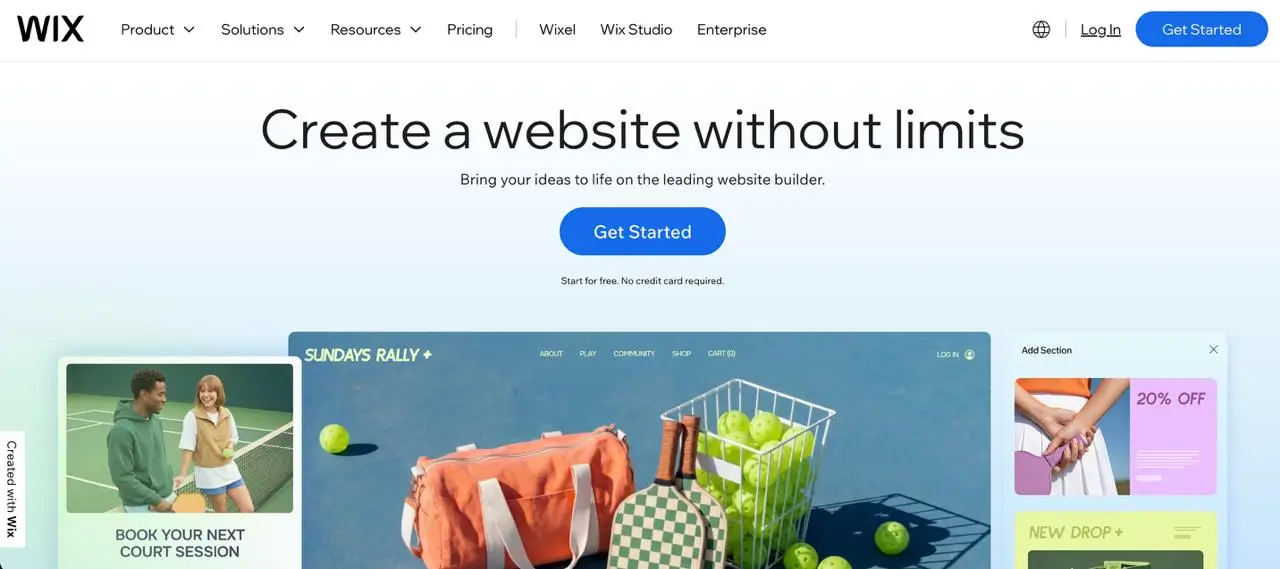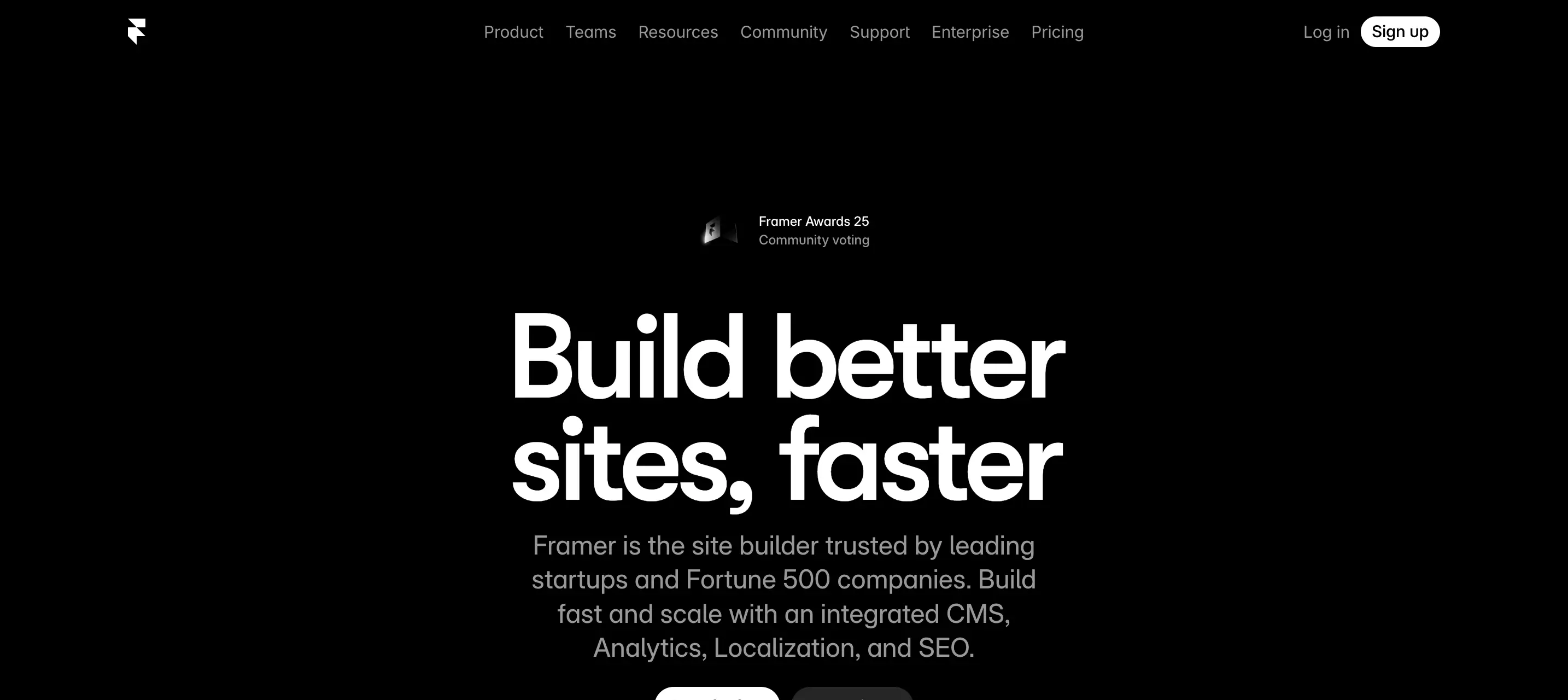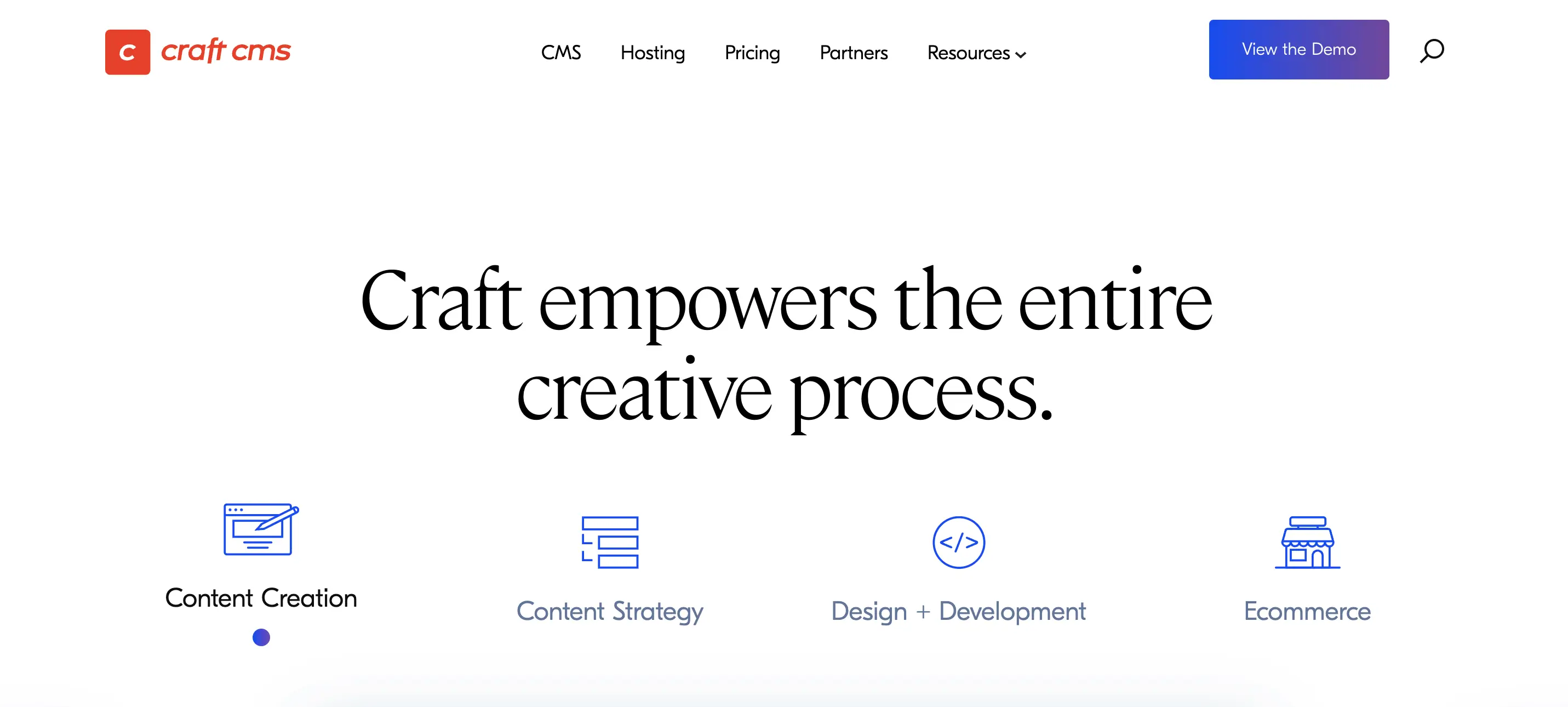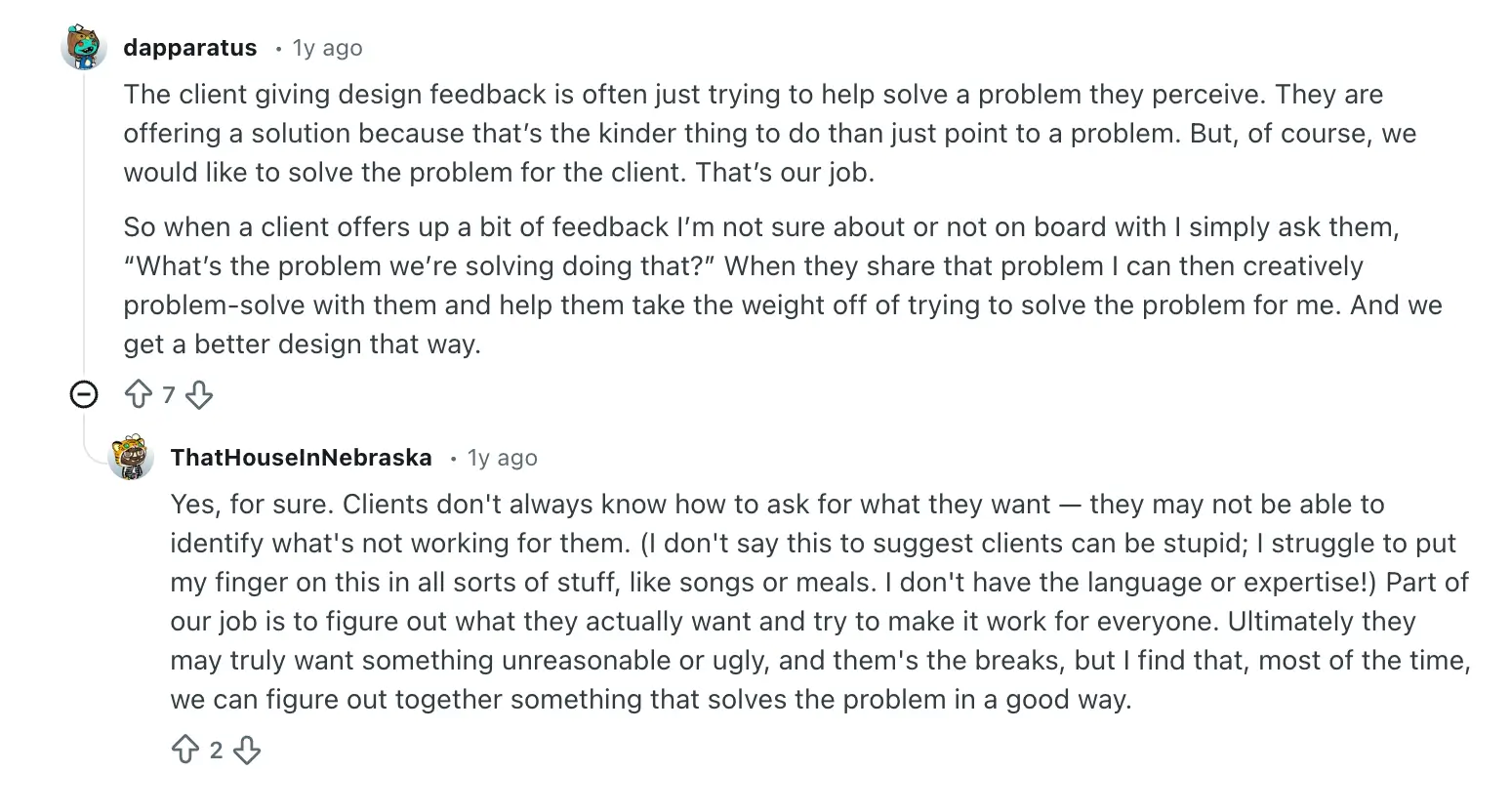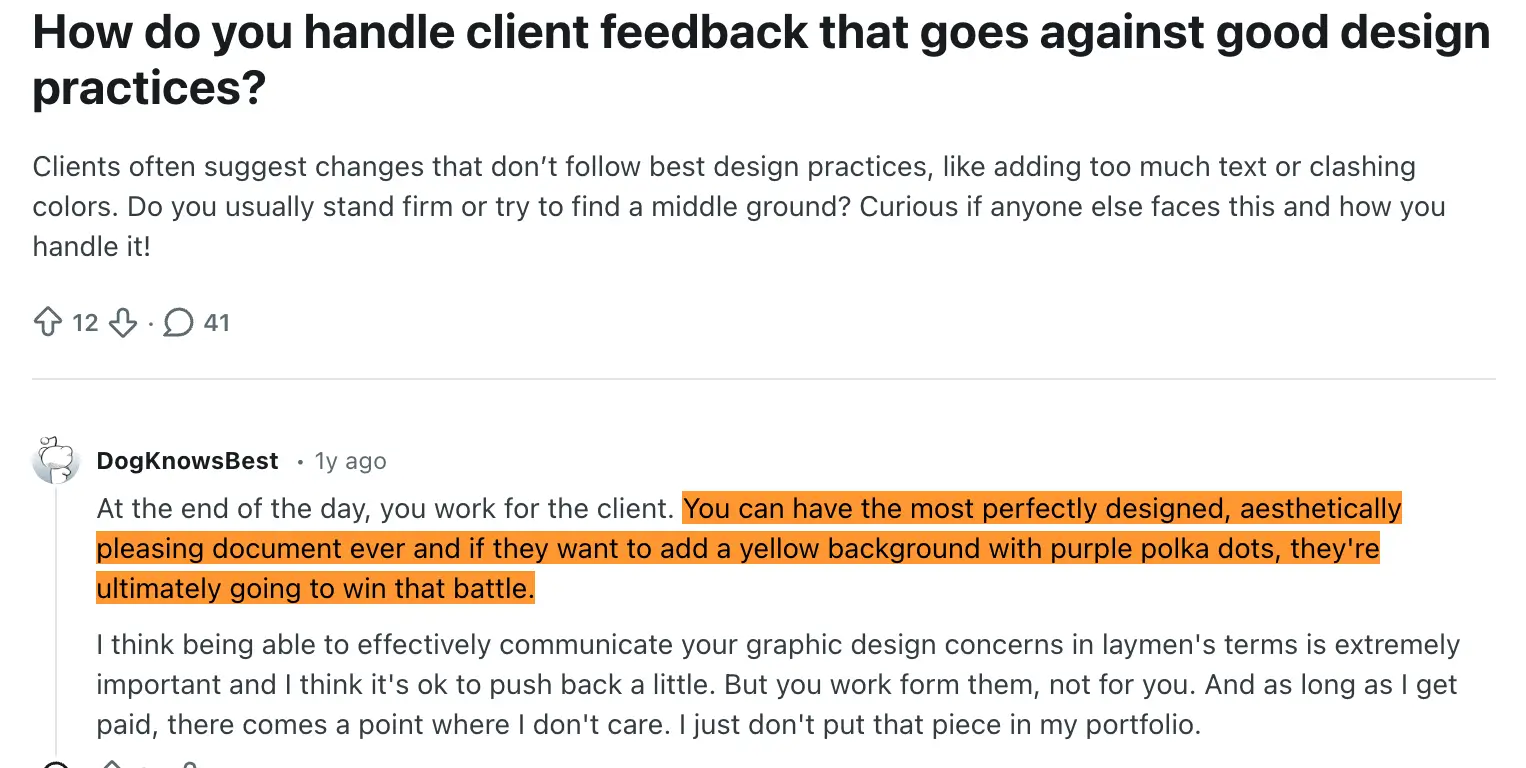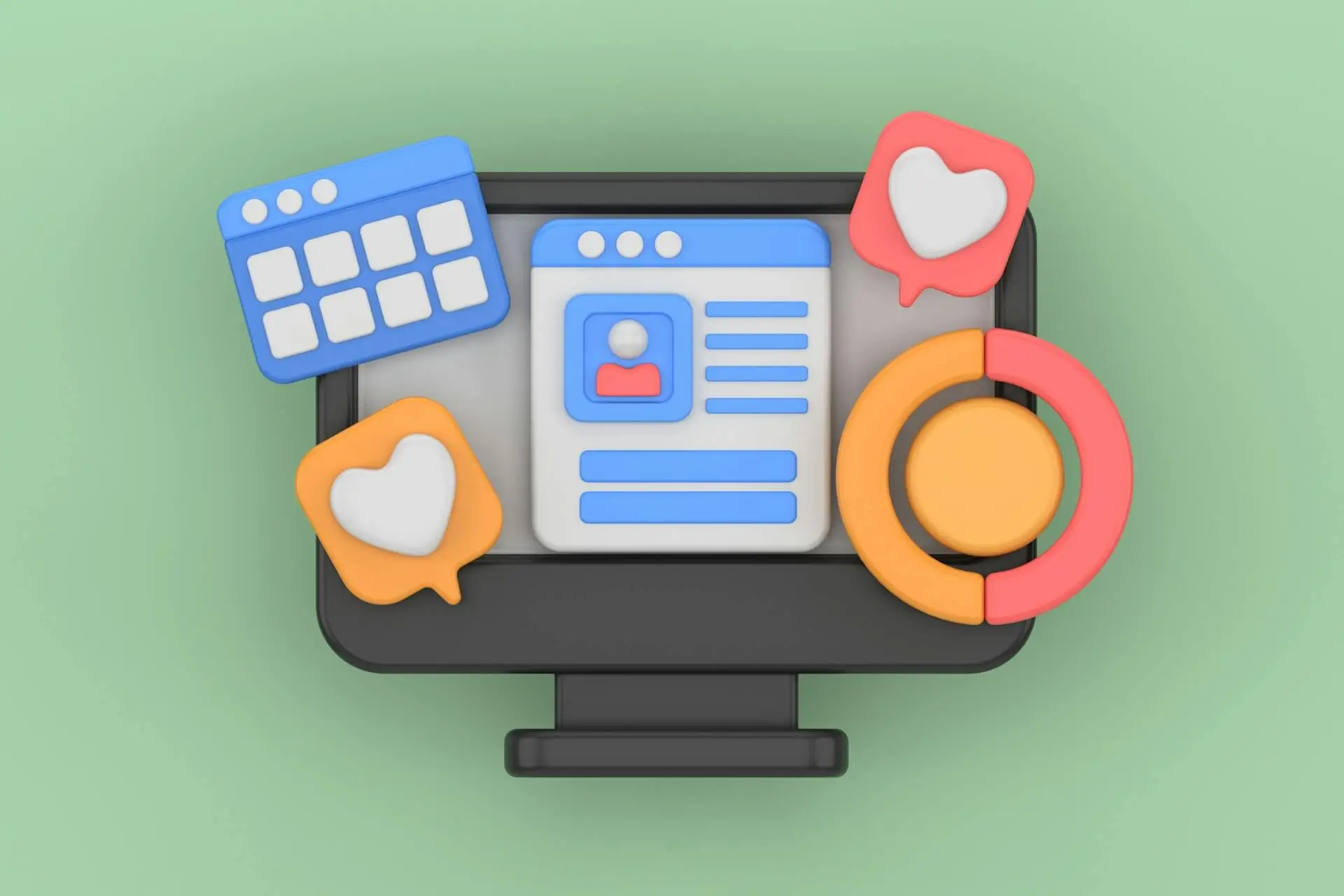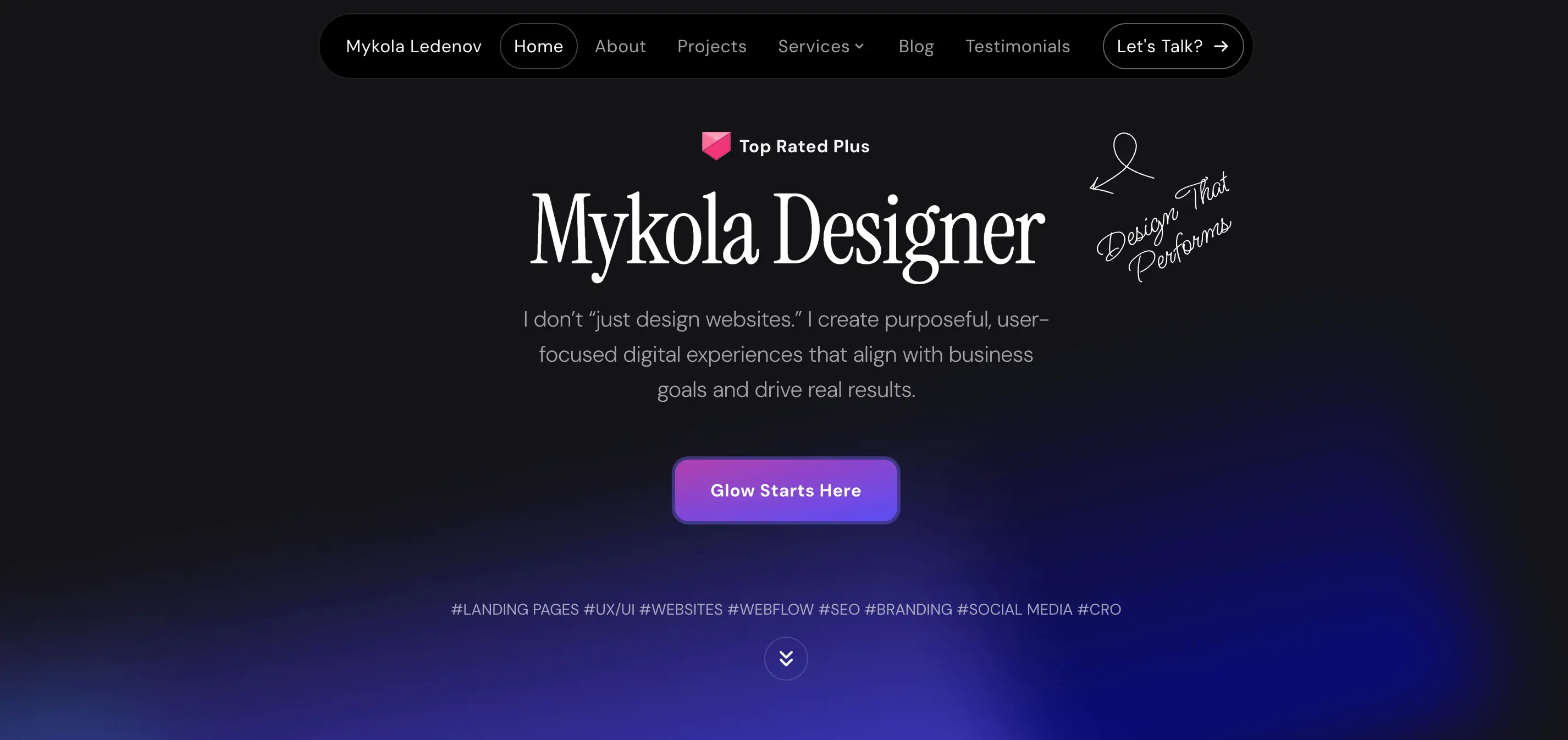What Is Internet Marketing? A Beginner’s Guide
Digital Marketing
May 9, 2025
0 min
Most people spend hours online every day, whether they’re searching for products, checking emails, or browsing social media. For businesses, this shift in behavior has created new opportunities to reach potential customers through digital channels. That’s where internet marketing becomes essential.
So, what is internet marketing? It refers to promoting products, services, or brands using the internet. This includes strategies like paid ads, search engine optimization, content marketing, and social media. In this beginner’s guide, you’ll learn how online internet marketing works, why it matters, and how you can start using it to grow your business.
What Is Internet Marketing?
Internet marketing is the practice of promoting a brand, product, or service using digital channels and online platforms. Unlike traditional marketing, which relies on print, radio, or TV, internet marketing connects businesses with audiences through websites, social media, search engines, email, and other digital tools.

This type of marketing allows companies to reach people where they’re already spending their time - on their phones, computers, and tablets. Whether it’s a Facebook ad, a product ranking on Google, or an email newsletter, every digital interaction is a form of online internet marketing.
Internet marketing is often used interchangeably with digital marketing, but some people use the term “internet marketing” specifically when referring to strategies that require an internet connection (like SEO, email, or pay-per-click advertising). It’s flexible, cost-effective, and measurable, making it ideal for businesses of all sizes.
Why Internet Marketing Matters
Internet marketing has reshaped how companies build relationships with their audiences. Instead of relying on billboards or cold calls, brands can now reach their ideal audience directly through digital platforms, often at a lower cost and with better results.
Here’s why it matters:
- People spend more time online: From searching for answers to browsing social feeds, your customers are online throughout the day. Internet marketing helps you meet them where they already are.
- It’s highly targeted: Unlike traditional ads, you can focus your efforts on specific groups based on location, interests, behavior, or even past interactions with your website.
- You can track performance: Every click, view, and conversion can be measured. This means you can observe what’s working and improve your strategy in real time.
- It works for businesses of any size: Whether you're running a local shop or a global brand, internet marketing gives you the tools to grow without needing a huge budget.
- It builds long-term visibility: Through content, SEO, and email marketing, you can create a digital presence that keeps attracting customers over time.

Core Channels of Internet Marketing
Search Engine Optimization (SEO)
Search Engine Optimization (SEO) focuses on making your site easier to find on platforms like Google. The target is to appear in search results when users look for terms related to your business. This involves optimizing page content with keywords, improving technical performance, and making sure your site is easy to navigate.
A strong SEO strategy helps you attract organic (non-paid) traffic and build long-term visibility. It takes time but can deliver consistent results. For example, if someone searches for a product you offer and your site appears at the top of the page, there’s a higher chance they’ll visit your site, without you paying for an ad.
Content Marketing
Content marketing focuses on creating helpful, valuable content that informs or entertains your audience. This might include blog articles, how-to guides, videos, or downloadable resources. When done well, it positions your brand as a trusted source of information.
Instead of pushing products, content marketing draws people in by answering their questions or solving their problems. Over time, this builds brand trust and keeps people coming back. It also supports SEO by giving search engines more pages to index and rank.
Social Media Marketing

Social media marketing is about connecting with your audience, sharing valuable content, and growing your brand presence across platforms like Instagram and Facebook. It’s a place where you can build relationships, show your brand personality, and even provide customer service.
Through organic posts and paid ads, social media helps you target specific audiences based on interests, behavior, and demographics. It’s a great way to raise awareness, engage users, and drive traffic to your website, especially when paired with visuals or video content.
Email Marketing
Email marketing allows you to communicate with people who’ve already shown interest in your business. Whether it’s a welcome email, a monthly newsletter, or a limited-time offer, emails can be personalized and highly targeted.
One of the biggest advantages of email is that you own the list. Social platforms algorithms control reach, your email list can give you full control over who receives your message. It’s reliable, cost-effective, and still one of the highest-ROI channels in internet marketing.
Pay-Per-Click (PPC) Advertising
PPC ads appear on search engines and websites, and you only pay when someone clicks. Google Ads and social platforms like Facebook and LinkedIn make it easy to reach specific audiences based on search terms, interests, or demographics.
PPC is especially useful for time-sensitive promotions or when you're launching something new. It delivers immediate traffic and results, and with the right strategy, it can be a cost-effective way to grow visibility quickly.
Affiliate Marketing
Affiliate marketing involves working with partners or content creators who promote your product or service in exchange for a commission on each sale they drive. This lets you reach new audiences without upfront advertising costs.

It’s a win-win model - the affiliate earns income, and you gain customers from their audience. The key is finding affiliates who align with your brand and offer genuine value to their followers.
Common Mistakes to Avoid
Even with the best tools and good intentions, it’s easy to fall into common traps when you’re just starting out. Here are a few mistakes to watch for, and how to avoid them.
1. Trying to Do Everything at Once
New marketers often feel pressure to be everywhere - social media, email, blogs, ads. But spreading yourself too thin leads to weak results. Start with one or two channels that align with your goals and audience, then build from there.
2. Ignoring Analytics
If you’re not tracking what’s working, you’re guessing. Use tools like Google Analytics or built-in platform insights to monitor traffic, engagement, and conversions. Data helps you improve with every step.
3. Talking to Everyone (and Reaching No One)
A generic message rarely gets attention. Instead of trying to appeal to everyone, focus on a specific audience and tailor your message to their needs and language.
4. Being Inconsistent
Posting regularly and maintaining a consistent brand voice builds trust. Whether it’s one blog post a month or two emails a week, choose a rhythm you can maintain.

5. Overcomplicating Things
You don’t need everything figured out to take the first step. Keep your first campaigns simple. You’ll learn faster by doing, and adjusting, than by overplanning.
Conclusion
Internet marketing may seem complex at first, but it all starts with one simple goal - connecting with your audience online in a meaningful way. From search engines to social media, it offers endless opportunities to grow your brand, attract the right people, and build lasting relationships.
You don’t need to master every strategy at once. Keep it simple, stay consistent, and let each step teach you something new. Whether you're writing blog posts, running ads, or sending your first newsletter, each step brings you closer to stronger visibility and better results.
If you're ready to level up your digital presence with strategic design and marketing support, I can help. Let’s talk about how we can bring your brand online.


